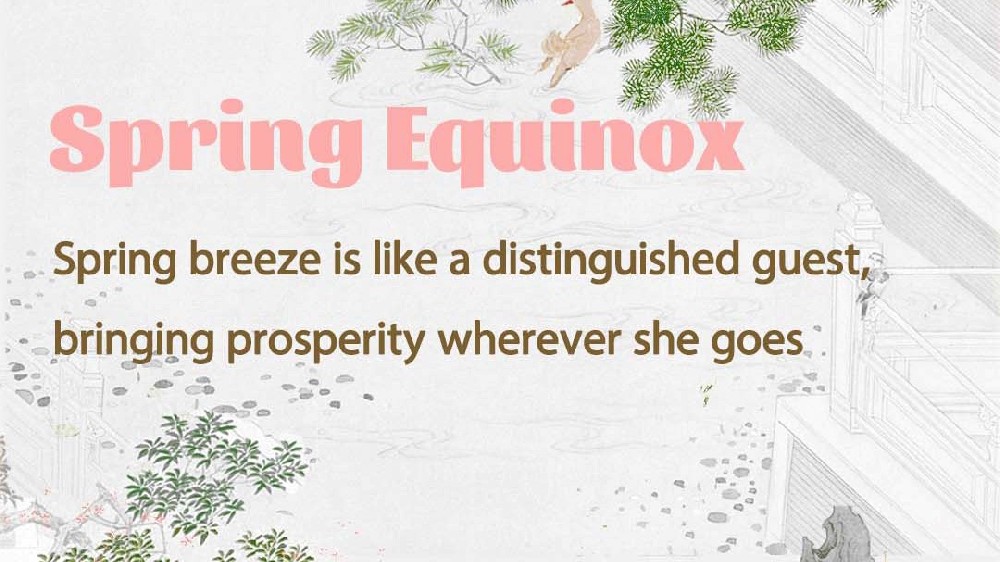Dragon Boat Festival
The Dragon Boat Festival (traditional Chinese: 端午節; simplified Chinese: 端午节; pinyin: Duānwǔ jié) is a traditional Chinese holiday which occurs on the fifth day of the fifth month of the Chinese calendar, which corresponds to late May or June in the Gregorian calendar. The holiday commemorates the ancient poet Qu Yuan, and is celebrated by holding dragon boat races and eating sticky rice dumplings called zongzi. Dragon Boat Festival integrates folk practice, including the worship of gods and ancestors, praying for good luck and to ward off evil spirits, celebrating, entertainment, and eating.
In September 2009, UNESCO officially approved its inclusion in the Representative List of the Intangible Cultural Heritage of Humanity, becoming the first Chinese holiday to be selected.[1][2]
The English language name for the holiday is "Dragon Boat Festival",[3] used as the official English translation of the holiday by the People's Republic of China.[4] It is also referred to in some English sources as Double Fifth Festival which alludes to the day of the festival according to the Chinese calendar.[5]
The Chinese name of the festival is pronounced differently in different Chinese languages. Duanwu (端午) literally means 'starting horse'—i.e., the first "horse day" of the month according to the Chinese zodiac.[6][a] however, despite the literal meaning referring to the Earthly Branches, this character has also become associated with wǔ (五; wu3; 'five'), due to the characters often having the same pronunciation. Hence Duanwu, the festival on "the fifth day of the fifth month".[9]
In Cantonese, it is romanized as Tuen1 Ng5 Jit3 in Hong Kong and Tung1 Ng5 Jit3 in Macau, hence the name "Tuen Ng Festival" used in Hong Kong,[10] and Tun Ng (Festividade do Barco-Dragãoin Portuguese) in Macau.[11][12][13]
The fifth lunar month is considered an unlucky and poisonous month, and the fifth day of the fifth month especially so.[14][15] To get rid of the misfortune, people would put calamus, Artemisia, and garlic above the doors on the fifth day of the fifth month.[14][15]These were believed to help ward off evil by their strong smell and their shape (for instance, calamus leaves are shaped like swords).
Venomous animals were said to appear starting from the fifth day of the fifth month, such as snakes, centipedes, and scorpions; people also supposedly get sick easily after this day.[15]Therefore, during the Dragon Boat Festival, people try to avoid this bad luck.[15] For example, people may put pictures of the five venomous creatures (snake, centipede, scorpion, lizard, toad, and sometimes spider[15]) on the wall and stick needles in them. People may also make paper cutouts of the five creatures and wrap them around the wrists of their children.[16] Big ceremonies and performances developed from these practices in many areas, making the Dragon Boat Festival a day for getting rid of disease and bad luck.
Related articles
-
 Women profit as they keep silk ball tradition alive
Women profit as they keep silk ball tradition aliveMore
-
 Paper-cut rabbit created to greet New Year
Paper-cut rabbit created to greet New YearMore
-
 Nonagenarian folk artist devotes life to passing on Guangdong embroidery
Nonagenarian folk artist devotes life to passing on Guangdong embroideryMore
-
 Chinese Shaolin Kung Fu amazes Southern Californians
Chinese Shaolin Kung Fu amazes Southern CaliforniansMore
-
 Langzhong shadow puppetry
Langzhong shadow puppetryMore
-
 Sending Away the Major Heat Boat
Sending Away the Major Heat BoatMore
